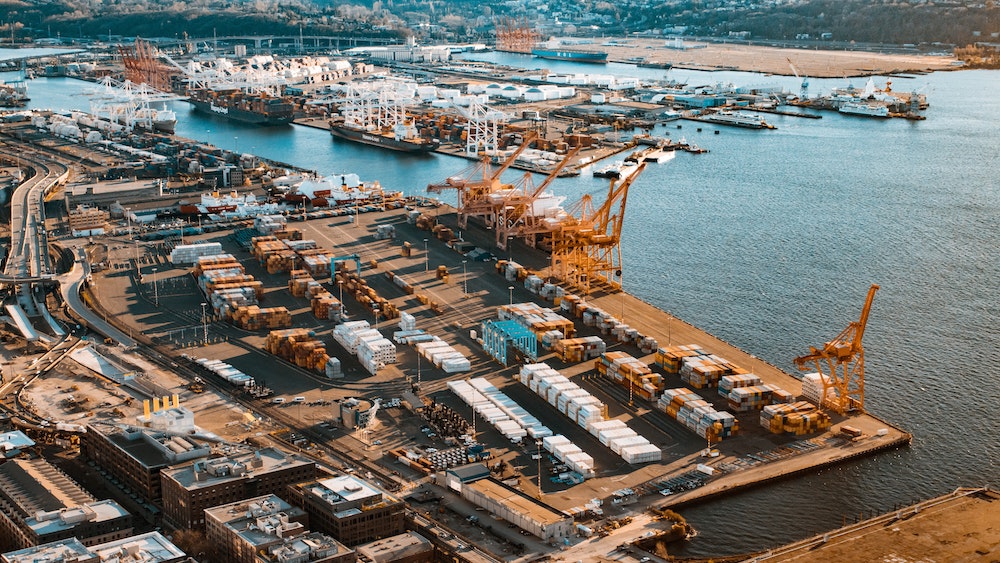When it comes to shipping goods internationally, they will most likely come into or go out of ports. That should come as no surprise since 90% of global shipping occurs via sea. And a port is the meeting of sea and land. When goods require a move from trucks or rail to cargo ships—and vice versa—there could be delays due to port congestion.
Why Port Congestion Occurs
When there is a delay at a port, congestion occurs. There could be a number of reasons for this, including:
- overbooking
- inclement weather
- strikes
- war
- trade wars
- pandemic (such as COVID-19)
- lack of equipment or space
- restricted port access
Another reason for the blockage in ports may be the size of the vessels. Since 1970, container ships have gotten 1,425.68% larger. Obviously, that means they take up more space, space which may not have grown at the same speed as the ships.
Consider also, that when a shipping yard is maxed out, it can be a challenge to move containers from their temporary storage site to a ship, truck, or train. And that slows down transportation as well.
The Cost of Delays
It’s not just that goods cannot get through ports in a timely matter when port congestion occurs. There may actually be additional fiscal costs as a result of delays. And that doesn’t just mean the cost of losing unhappy customers.
There are two types of free days associated with ports: on port and off port.
On-port free days allow time for carriers to pick up the container. But if the container is not retrieved by the deadline, demurrage fees kick in. And they can be costly. Plus, they can add up each day cargo remains in storage. And what about the companies that have multiple containers?
Off-port free days are allowed on imports to deliver containers and then return them empty to the port. While this avoids demurrage fees, a per diem begins on the day the container is removed from port. When the container isn’t returned empty within the timeframe, that per diem charge starts. And like demurrage, it can add up.
Port Congestion Is a Real Concern
That’s not a statistic to be ignored. In fact, it’s something that you should be considering, if you are shipping goods internationally on a regular basis. However, when you work with a freight forwarding company, your concern about such things is minimized.
Certainly, working with a freight forwarding company doesn’t mean port congestion no longer occurs. However, since the company deals with this, as well as other issues that affect global shipping, they have options for dealing with it.
At Cyclone Shipping, we have plans A, B, and sometimes even C. We stay in the know about everything that is occurring in the shipping industry, whether that is about COVID-19 or port congestion. We create alternatives and have solutions at the ready to get your goods to their destinations as scheduled.
Contact us to learn more about how we can take the hassle of shipping off your plate so you can focus on your day-to-day business.




